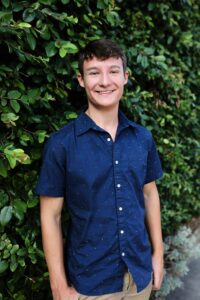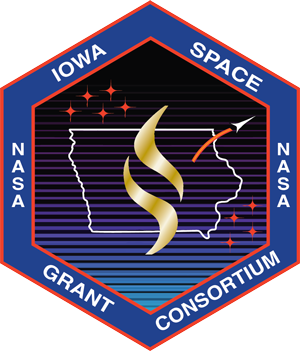Greater interest in long term space travel is creating demand to develop artificial gravity systems that minimize the negative effects of long-term microgravity. However, due to practical constraints of understanding the physiological effects, we purpose a cardiovascular simulation to overcome this limitation. The purpose of this study is to understand the effects of artificial gravity during space travel. We hypothesized that the centrifugal force of a rotating spacecraft will not have significant effects on the cardiovascular system if it is the same as gravity on earth. For this reason, a 10-meter radius and 1 rad/s velocity were chosen for the centrifuge to mimic the effects of the gravity gradient on earth. The study used a modified version of the “CVSIM” simulation created by Dr. Thomas Heldt, a 21-compartment, lumped parameter model with control systems for the cardiopulmonary and arterial baroreflex. The data produced from the simulation suggests that a spacecraft creating a centrifugal force produces viable physiological conditions for the cardiovascular system.
Jackson Kilburg – Drake University
Student: Jackson Kilburg, Undergraduate Student in Biology, Drake University
Research Mentor: Meredith Luttrell

Implementation of a 10-meter Radius Centrifuge Model into a Simulator of the Human Cardiovascular System
2023-2024, Undergraduate
